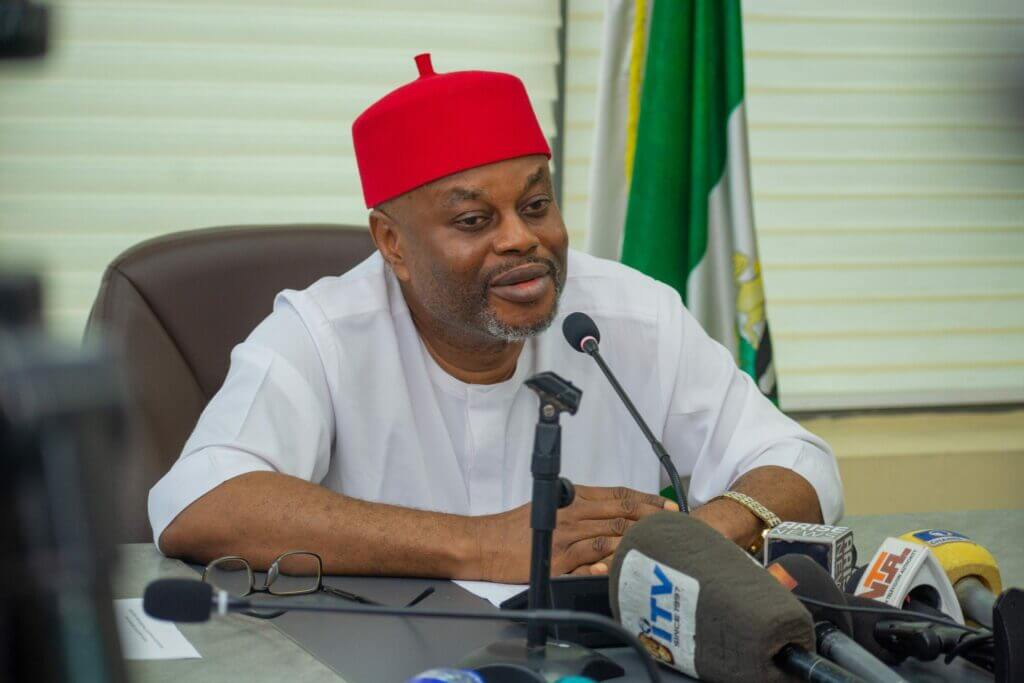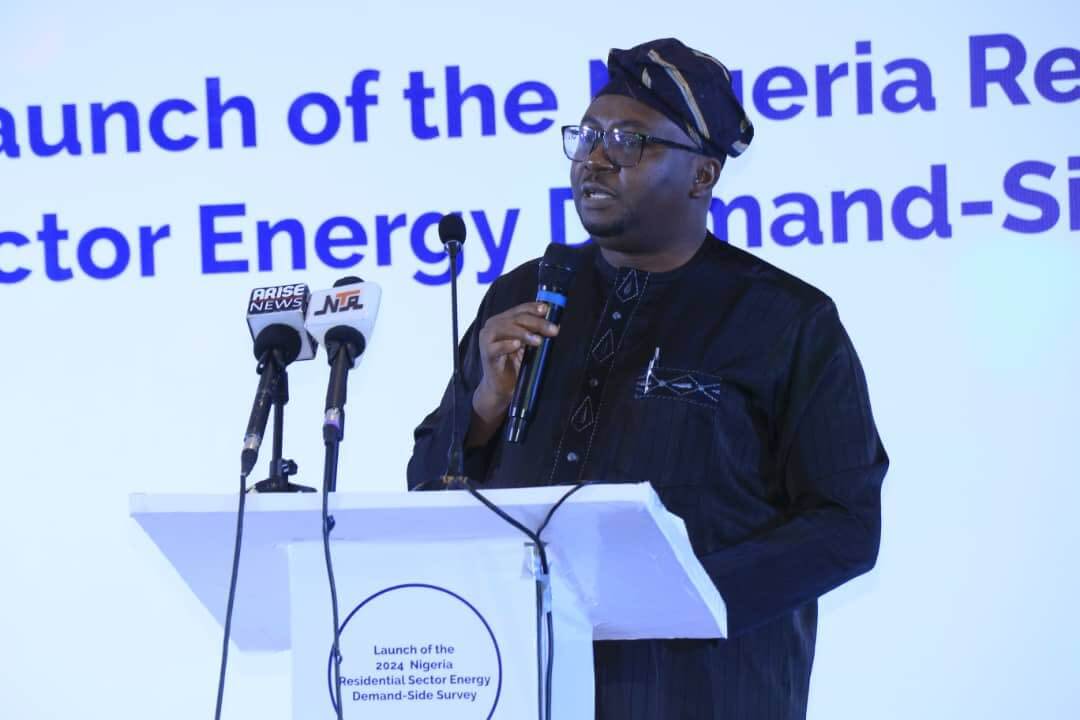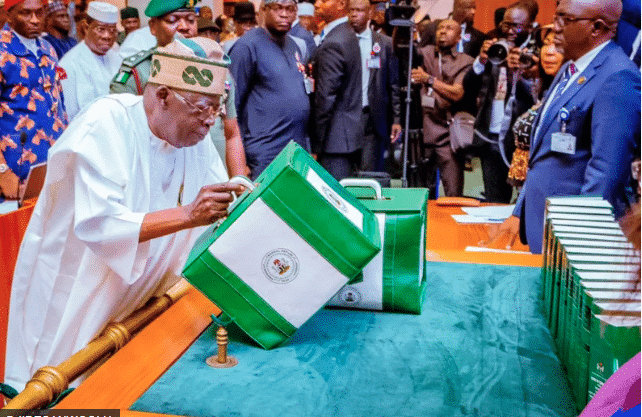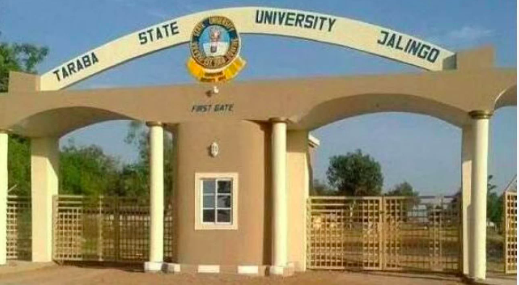The Nigerian National Petroleum Company Limited, yesterday, said the company would be ready for its initial public offering (IPO) by December as international oil companies (IOCs) raised concerns about the company’s over 13 billion barrels of crude oil deepwater assets.
Speaking at the Nigerian Oil and Gas conference, Executive Vice President, Upstream at NNPC, Oritsemeyiwa Eyesan, said the company is completing plans in December to be listed on the stock market.
While NNPC was commercialised in 2022 through the Petroleum Industry Act, part of the expectations was that the company would become very transparent, accountable and consistently profitable for IPO.
Eyesan said while going public was a work in progress, the national oil company has been working on it and needs to tidy up several commercial decisions before announcing to go public.
“We can assure that by the end of this year, we will be IPO ready,” Eyesan said at a panel session that focused on “Defining the outlook for deepwater exploration and production in Nigeria.
She disclosed that the company would be more committed to a quarterly review of the challenges within the deepwater while stressing that the deepwater would also operate on zero gas flare to address emissions and methane challenges in Nigeria.
While Nigeria has over 13 billion barrels of crude oil reserves within the deepwater, the terrain accounts for the larger share of the country’s oil production. As of 2019, the production from the deepwater hovered around 850,000 barrels from the 2 billion barrels of oil explored and developed fields.
While deepwater producing fields Akpo, Usan and Egina of Total E&P Nigeria, Bonga of Shell Nigeria Exploration and Production Company, Agbami of Chevron Nigeria Limited among others are running most projects developed to expand the capacity of the segment have stalled for over a decade.
With investment already drying up for the development of those fields, Eyesan insisted that the major players in the deepwater must come together and find funding locally to unlock the stranded projects in the deepwater.
She noted that while the operators within the industry had gone to President Bola Tinubu on the fiscal issues within the deepwater, the executive order from the president was proactive.
Similar proactive steps according to her should be a priority, while stressing that the operators have been working in isolation instead of collaborating to develop the industry.
Country Chairman and Managing Director, TotalEnergies Nigeria, Matthieu Bouyer, said while Nigeria has large deepwater assets, the development has been stalled in the last 10 years since Egina came on board.
According to him, all significant deepwater projects in the country were developed with past contractual and fiscal conditions.
Bouyer said increased levee and changes in fiscal terms and the lack of contractors’ competition, which is pushing costs high are affecting the segment.
While his company sanctioned the $550 million Ubeta project last month, Bouyer linked it to the executive order signed in the sector.He noted that when a sound measure is taken, investment would come.
Bouyer noted that there is a need for competitive fiscal and contractual terms in the industry, stressing that companies capable of working in deep water are constantly benchmarking opportunities against their portfolio alternatives.
He said with capital expenditures (Capex) being capped, decisions are made based on these comparisons, therefore, it’s essential to be competitive and agile to accommodate varying requirements.
“Resources will not disappear, they are here but they will be pushed to a later stage while the country needs them now,” Bouyer said at the session, together with the IOCs.
According to him, precision in the execution order concerning deepwater operations is critical to a competitive environment, adding that many contractors have exited the market, resulting in a lack of competition.
Bouyer said Nigeria must understand the reasons behind their departure and implement measures to entice them back, noting that fiscal incentives alone won’t suffice if the operational costs are prohibitively high, making investment unattractive.
According to him, there is a need to optimise contracting cycles as the service level agreements (SLAs) signed with the NNPC and IOCs have proven efficient in projects like Ubeta.
He wants these successful models to be expanded and refined to enhance the overall efficiency and attractiveness of the sector.
Speaking at the event, the Chief Executive of the Nigerian Upstream Petroleum Regulatory Commission, Gbenga Komolafe disclosed that rig count in the country moved to 34 in June from about 30 in July.
According to him, oil theft, pipeline vandalism, and the proliferation of artisanal refineries, especially in the Eastern Delta were affecting oil production.
He said force Majeure at Bonny and Brass terminals leading to deferment of about 200Kbopd also affected production, adding that the country is deploying new security architecture in the eastern, central and western production corridors to help restore and guarantee production.

 4 months ago
43
4 months ago
43














 English (US) ·
English (US) ·